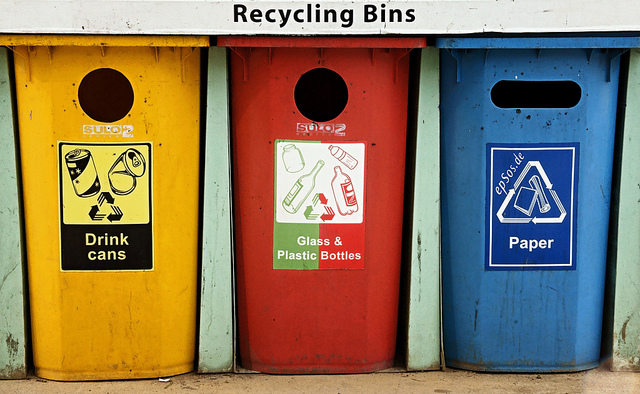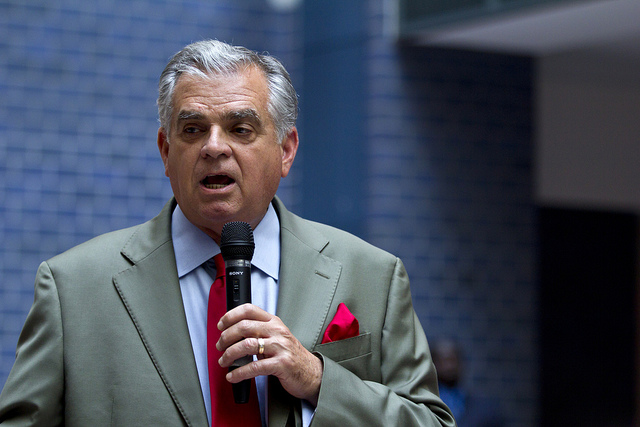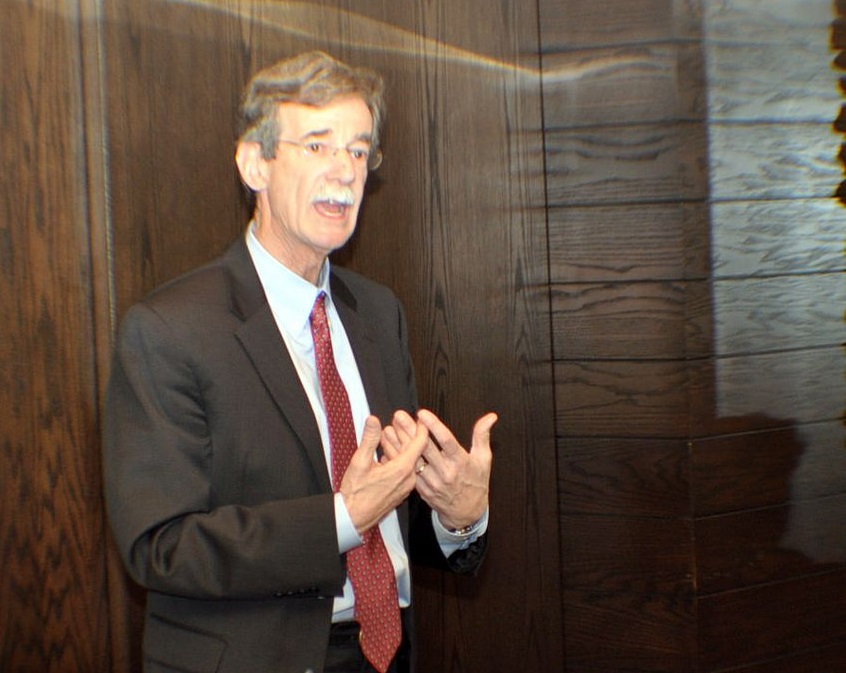By Becca Heller
becca@marylandreporter.com
A new environmental measure is taking some of the older senators back to their childhood days — a bottle deposit program proposed by Sen. Brian Frosh.
“I remember when you could bring empty bottles back to the store and you’d get ten cents for each one — me and my friends used to save them up to go to the movies,” said Sen. Joanne Benson. “Whatever happened to that?”
In an effort to further boost recycling in Maryland, Frosh has taken that old, familiar program and modernized it in his bill. He presented the bill during a Senate Education, Health and Environmental Affairs committee hearing on Tuesday.
Bill could triple recycling rates
“It’s something we haven’t seen in a while, but this [bill] has the potential to triple the recycling of bottles and keep them out of our waterways and streams,” said Frosh, a Montgomery County Democrat.
Under the program, retailers would be required to pay the state comptroller 5 cents per bottle as a deposit that consumers would get back when they returned the bottles. Counties would need to set up statewide bottle reclamation centers. The centers would likely be reverse vending machines, allowing people to return bottles for the 5 cent deposit.
“This is a solution that includes and benefits many different sectors, such as businesses, local governments, environmentalists, and industry,” said Will Baker, president of the Chesapeake Bay Foundation. “Cooperation between government, businesses, and citizens is absolutely the hallmark of this legislation.”
But not everyone is ready to cooperate with the proposed system.
Opponents argue curbside recycling works better
Central to the opposing argument is the assertion that the initiative is outdated and, essentially, trying to fix a system that already works very well — curbside recycling.
“The bottle bill died a natural death in the late 80s and the reason for that was because curbside recycling came along and it has been tremendously successful,” said Jay Schwartz, a lobbyist for the Maryland Licensed Beverage Association.
Proponents of the bill tried to frame the perceived conflict between curbside recycling and the bottle bill in a different light, suggesting that the two can work symbiotically.
“Independent research from the Congressional Research Service states that both a bottle deposit return program and a curbside recycling program run in tandem are necessary to achieve high recycling rates,” said Veronica Cassilly of the Sierra Club.
Representatives for small businesses were still not enamored with the changes proposed by the bill, especially the required hike in beverage costs that would impact retailers and consumers.
“They say if you want to have a successful liquor store in Massachusetts, open it in New Hampshire,” said Schwartz jokingly. “New Hampshire is surrounded by states with [bottle deposit] legislation and it’s obvious that the people don’t want it.”
Economic ramifications debated
The economic implications of the bill are hard to predict because it is dependent on community participation. The fiscal and policy note, an analysis written by the Department of Legislative Services, predicts the bill could bring in millions of dollars in local revenue as early as 2015. But Kevin Dietly, an environmental management consultant for Northbridge, thinks that might be a little optimistic.
“If you look at the potential for cross border redemption and fraud coming in out of state, the program is going to run out of money way before that,” said Dietly. “You’re going to run out of money with this system and you’re going to need to make appropriations to balance it out.”








This bill should be passed as it provides MD groups the opportunity to earn money. In the 1980’s we had a recycling center in OC, AA County that was operated by the Providence Center and groups from what ever organization would come by and drop off huge amounts of cans and bottles just to pick up money for their projects. The streets were not littered, but the grocers watched their shopping carts closer as that was one of the most stolen objects and made transporting the bottles to the recycling center much easier for the street based collector/recycler.
Bars and restaurants could work with non-profit groups and their recycling could be seen as a donation for tax purposes. There are more ways to solve an issue than the government doing it for you. Resourcefulness is an American trait – make it worth the citizens effort and you’ll see the problem solved. Does “MOM” have to do everything for you?
A bottle bill is the most effective way to reduce litter and increase recycling. The ten bottle bill states recycle more containers than the other 40 states combined. Don’t be fooled by opponents, they love curbside because it dumps the costs on local government and tax payers.
I concur that curbside pickup has made it easier to recycle, and adding a deposit to the purchase price of the product would strain the already thin pocketbook. If the concern is that we still see botlles and can on our roads and sidewalks we need to shame the culprits to be more responsible, I do that any time I see someone littering.
The first Mason-Dixon news media poll conducted in Maryland was on a proposed bottle bill. The poll was conducted in September 1983 and the story for the Columbia Flier was written by Len Lazerick.